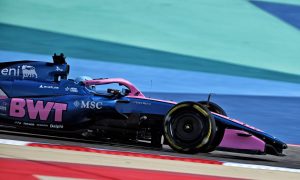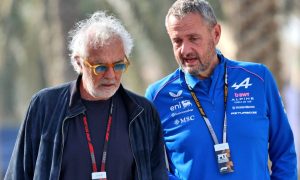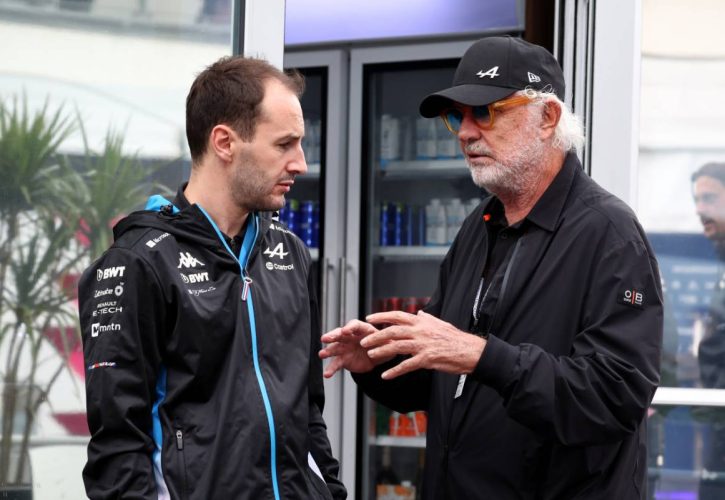
Alpine executive advisor Flavio Briatore has made clear to the French team that it must develop a significantly improved chassis for 2025 to compensate for its Renault engine’s current three-tenths-per-lap power deficit.
While Alpine's recent double podium finish in Brazil, a result of favorable wet conditions at Interlagos, temporarily elevated the team’s position in F1’s Constructors' Championship, Briatore remains realistic about the Enstone squad’s underlying weaknesses.
The engine freeze implemented by the FIA in 2022 has left Alpine with a significant power disadvantage compared to their rivals.
To bridge this gap, Briatore emphasizes the need for a significant improvement in the car's aerodynamic performance and tyre management.
“In the wet the discussion relating to engine power is reset, so even in 2025 we will have to make up for these three tenths that we are missing by making a better car,” he told La Gazzetta dello Sport.
“We must not worry because we know that it is like this, and we will have to try to do well using better aerodynamics and studying the tyres. Without feeling sorry for ourselves.”
While Briatore is clear that Alpine’s competitiveness in 2025 will rest on the shoulders of its engineers at Enstone, team boss Oliver Oakes believes progress has been achieved on the chassis and aerodynamic fronts thanks to recent updates.
In Austin and in Mexico City, Pierre Gasly qualified among the top eight in dry conditions, while the Frenchman finished P10 at the Autodromo Hermanos Rodriguez.
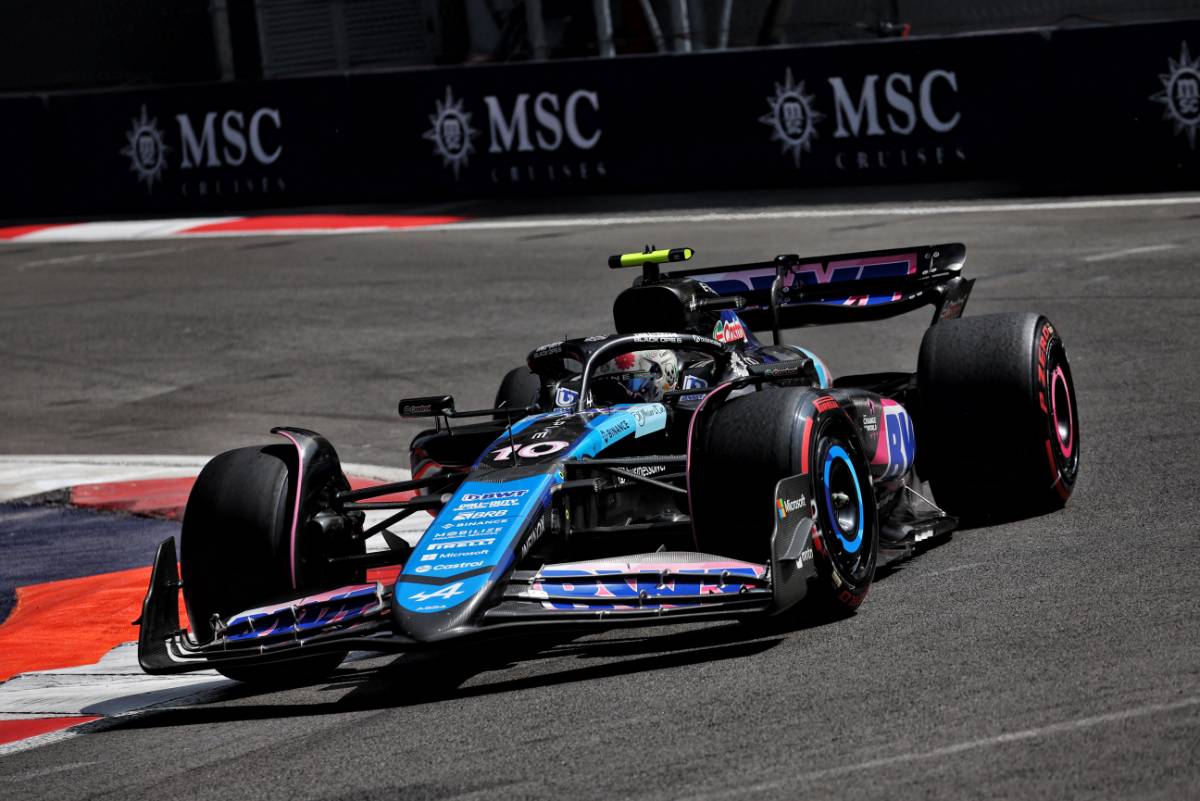
“I think, obviously, since Austin, we’ve had a bit of pace with this upgrade,” commented Oakes, quoted by Motorsport Week.
“It’s no secret that the car that was launched at the beginning of the year was probably not one which would go down the front end of Enstone, if I’m honest.
“But I think the performance we brought with the car sort of in-season I think is pretty impressive.
“I think you only have to look at that as it’s sort of gone on, the rate of progression.”
Oakes believes that Alpine's ability to consistently improve throughout the season is crucial to their long-term success.
The Briton highlighted the challenge of maintaining performance levels in a relatively stable regulatory environment, where teams can experience fluctuations in competitiveness throughout the year.
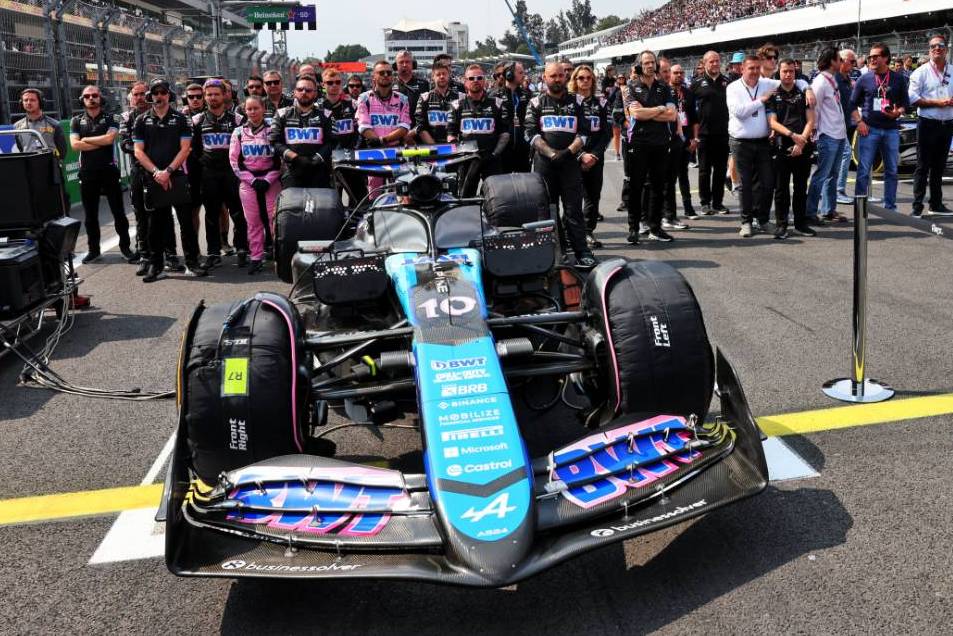
“I think what’s tricky in this sort of regulation cycle – you can see it with different teams – is you can start the year strongly, then fade, you can improve during it,” he said.
“And the trick is to sort of, A, stay there, and also keep bringing performance. I’ve not been here long enough to judge that yet.”
With an energized engineering team at Enstone and lessons learned from a turbulent 2024 campaign, Alpine aims to deliver a more competitive package in the coming seasons.
Keep up to date with all the F1 news via Facebook and X




